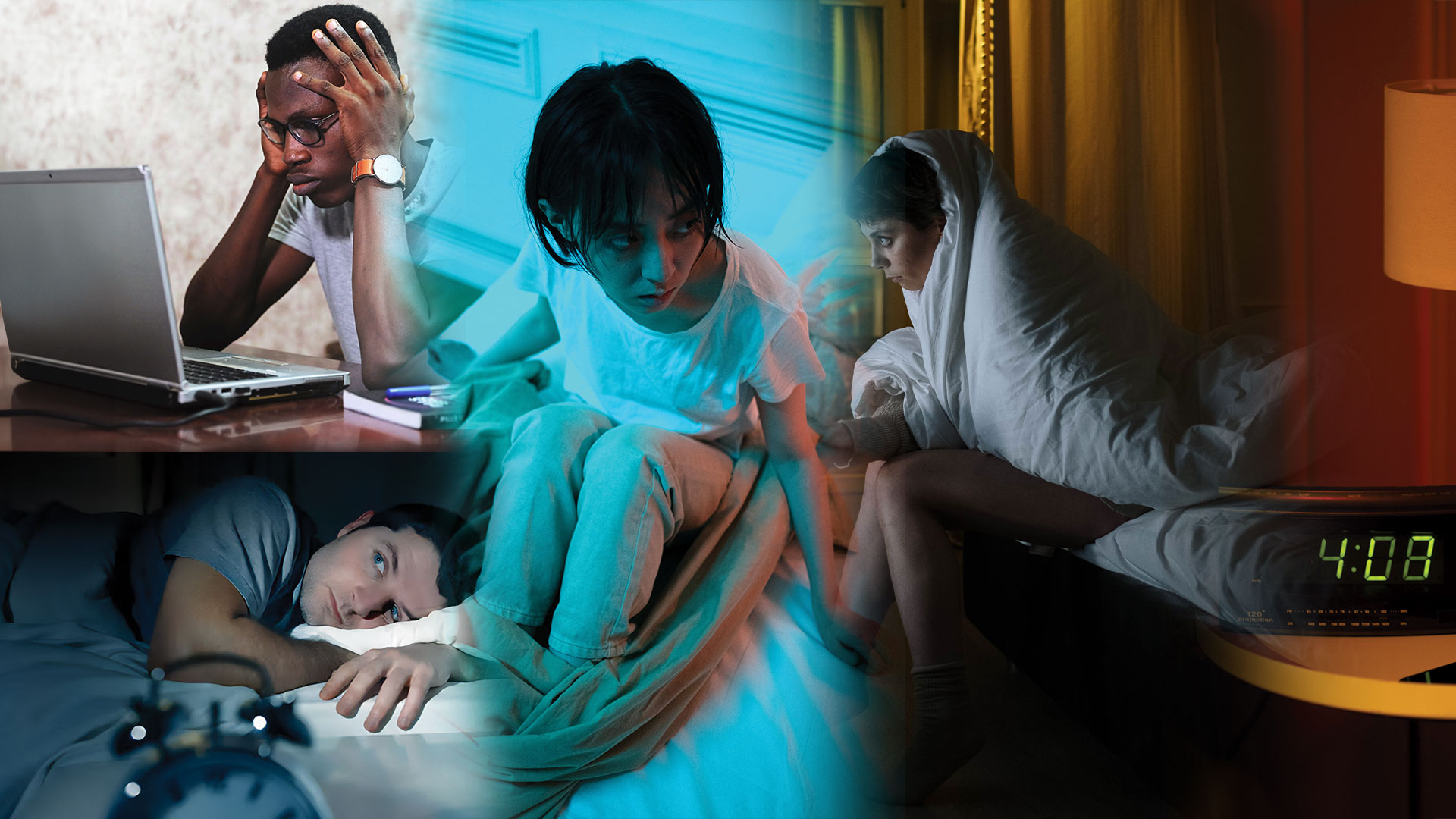
Do So to Sleep: Solutions to insomnia go deeper than a comfy mattress and sleeping pills are not the answer
Sleep is one of three pillars of health so being deprived of it can have serious long-term health implications. Insomnia is known to affect most people during some stage of their life, especially in times of emotional difficulty or extreme stress. For some, though, it is not just a temporary situation but a debilitating condition.
History has seen plenty of famous insomniacs – painter Vincent van Gogh, former US President Bill Clinton and actress Marilyn Monroe all suffered, as did the King of Rock ’n’ Roll Elvis Presley. Speaking to a television interviewer at the peak of his fame in 1956, Elvis said: “I’ve been kind of nervous all my life. And now, going out on personal appearances all the time, I get so keyed up that I just can’t relax.” Nerves and adrenaline would so affect him after live performances that he could not sleep. “You know how hard it is, getting to sleep in a strange room and in a strange bed away from home, particularly when you are kind of nervous and jumpy.”
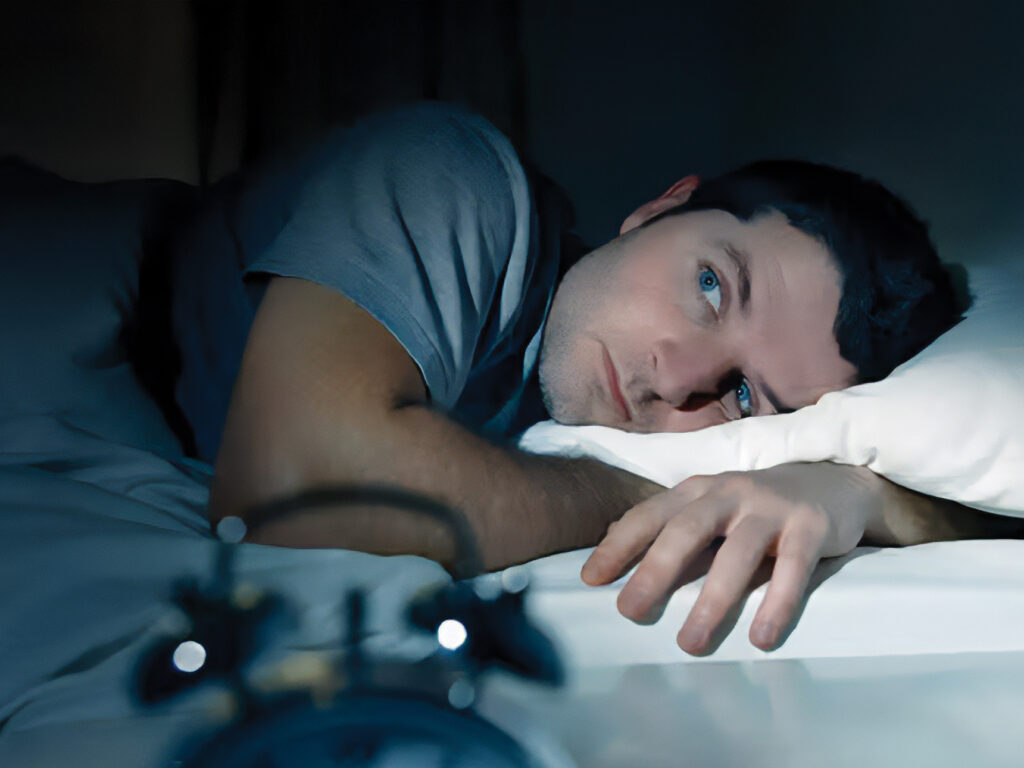
He went on to describe a scenario familiar to insomniacs the world over: “I’ll go to bed at night and close my eyes and just lay there. And then I’ll start turning. And twisting. And a couple of hours will pass, and I won’t have had had a lick of sleep.”
Stages of sleep
A typical night’s sleep (for those who can) spans four or five sleep cycles, each lasting between 90 and 110 minutes. Sleep comes in stages during which different brainwave patterns are exhibited. As we first start to sleep, we spend a few minutes in relaxed wakefulness with eyes closed and brain emitting alpha waves. Next is Stage 1 proper, a drowsy, relaxed state as muscle tension lessens and we experience sensations analogous to daydreaming. After a few minutes of Stage 1, we move into Stage 2 where brainwave patterns called sleep spindles and K-complexes occur, but this is still a light stage of sleep.
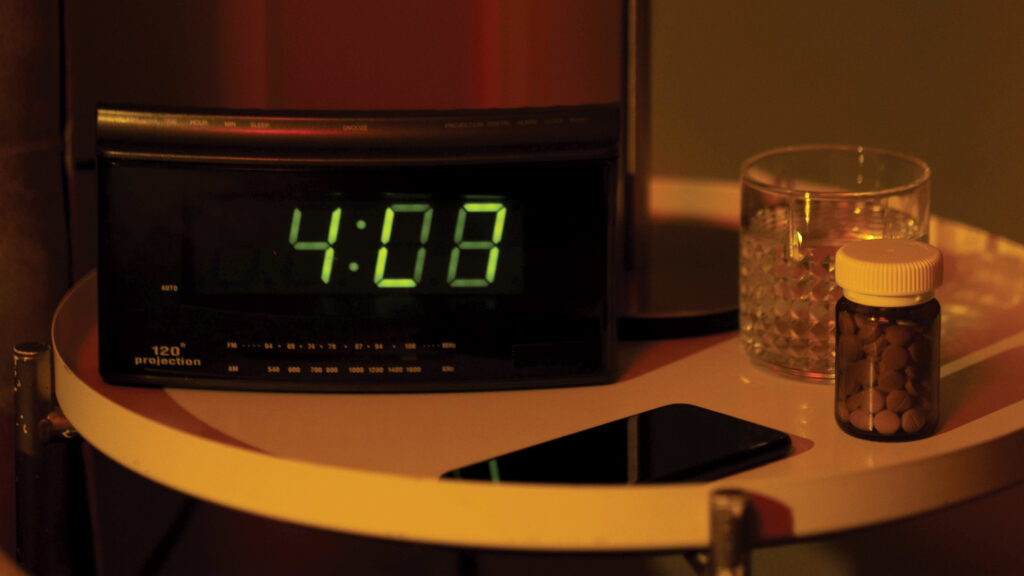
Finally, we reach Stages 3 and 4 which are slow-waved or deep sleep. Physiological activity including respiration, oxygen consumption, heart rate and blood pressure subsides to a low. It is difficult to awaken from deep sleep as awareness of the exterior world is shut out. Usually, this deep sleep lasts for about 45 minutes before progressing to rapid eye movement (REM) sleep or the dream stage where heart rate and breathing rate increase. This more visual and emotional stage is when we are more likely to awaken but will fall quickly back to sleep. Sound sleepers will repeat these cycles through the night.
Types of insomnia
Elvis’ problem of falling asleep – lying awake tossing and turning – personified one of the three types of insomnia. The other two are waking after some initial sleep and then being unable to return to sleep; and poor quality of slumber despite having no difficulty getting to sleep. While those in this latter category do sleep, they do not feel refreshed in the morning, as though they failed to attain deep sleep.
Deep sleep normally lasts longer during the early part of sleeping and as the night progresses awakenings are more common since sleep becomes lighter and REM periods increase in duration. Deep sleep is considered critical as a major biological restorative function and means to renew physical energy. The REM stage of sleep remains least understood by scientists, along with the consequences of being deprived of it.
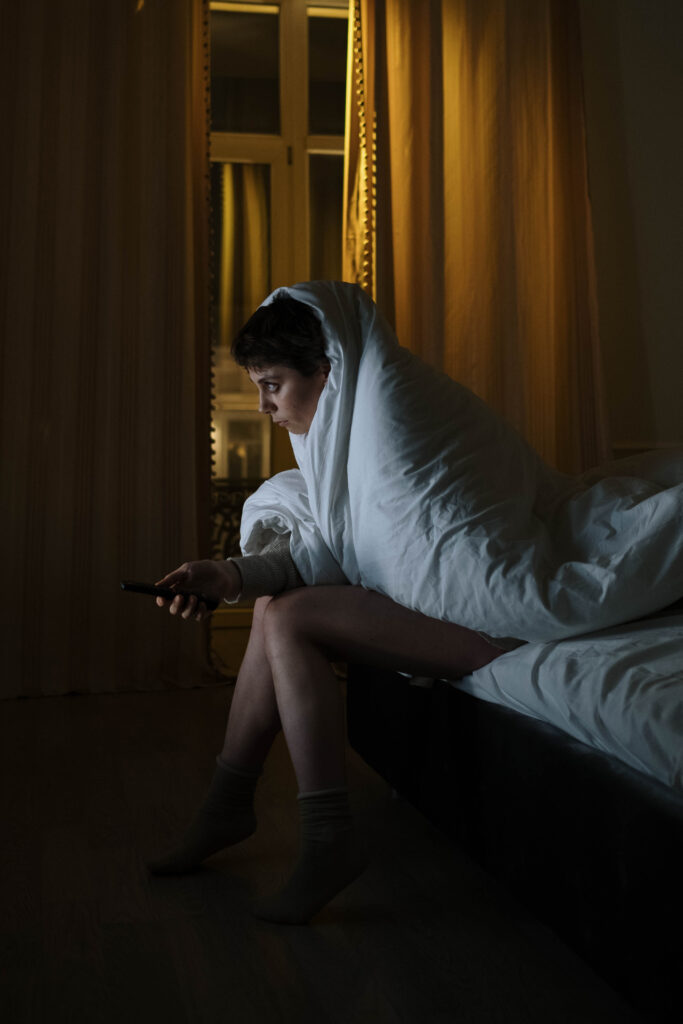
What is known is that long-term insomnia can increase the risk of depression, diabetes, cardiovascular disease and Alzheimer’s disease as well as general increased irritability and reduced concentration levels and decision-making ability. Disturbed sleep must occur at least three times a week over more than three months to be considered insomnia.
Sleeping pill dangers
To combat his insomnia and anxiety, Elvis experimented with or was prescribed a wide variety of prescription drugs including sleeping pills that were designed to help him relax and achieve better quality sleep. Sleeping pills, though, usually come with side effects. Recent research by New Scientist uncovered that many of the drugs used to treat insomnia like benzodiazepines offer no long-term relief and may cause daytime fatigue, dizziness, general mental fogginess and the risk of dependency. Andrea Cipriani and his team at the University of Oxford found weak evidence that pills offer even short-term benefits and recommended against prescribing them as a first line of treatment.
Sleep hygiene hype
Good sleep hygiene such as a comfortable mattress and thick curtains and avoiding alcohol and caffeine late at night were all thought essential to avoid disrupting sleep patterns. However, a 2021 academic review of 89 studies into insomnia treatment found that education about sleep hygiene produced barely any improvement in symptoms. The underlying mental processes causing insomnia need to be tackled effectively to have greater success.
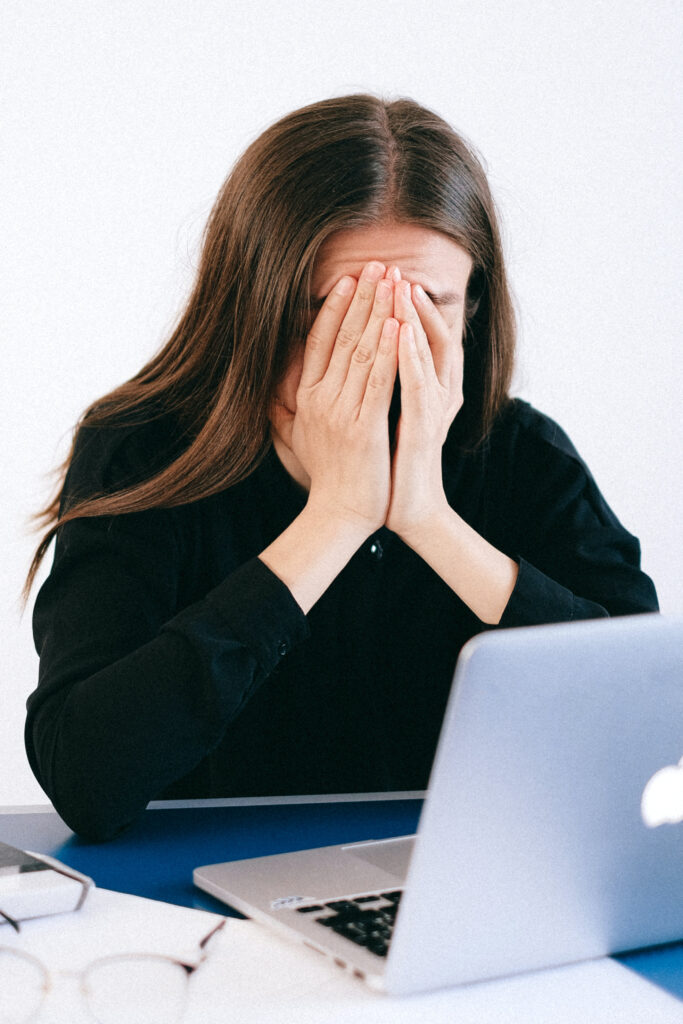
Scientific research suggests many people with insomnia are in a state of hyperarousal. According to research by Yishul Wei at the Netherlands Institute for Neuroscience, they are often locked into a pattern of negative, repetitive thoughts which affects their sleep pattern. Often, merely thinking about lack of sleep can lead to worsening symptoms (such as fatigue) irrespective of the actual level of sleep obtained.
Talking therapy solutions
Psychological therapy by trained practitioners may provide solutions for the negative, ruminating thought patterns that inhibit sleep. Techniques developed during sessions of Cognitive behavioural therapy for insomnia (CBTI) can reduce sleep performance anxiety; indeed, research suggests 70% of sufferers showed improved sleep after CBTI, with a good chunk of those going into remission. Mindfulness-based therapy for insomnia (MBTI), which involves non-judgmental awareness of the problem using the Buddhist philosophy of acceptance, may also help to lessen rumination and stress. It has borne significant, long-lasting results according to recent studies.
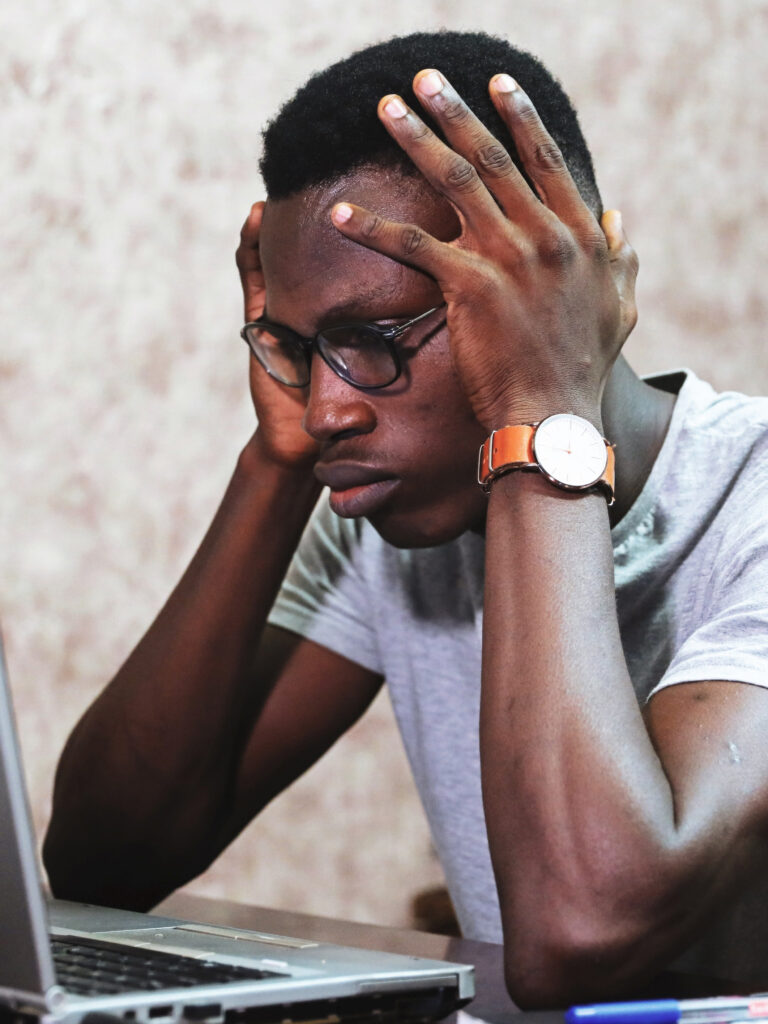
The reasons behind each person’s insomnia are unique, but researchers at the University of Amsterdam have identified five sub-types of the condition, finding that some people with particular sub-types are likely to develop symptoms such as depression – they suggest CBTI would be beneficial in these cases.
Apps are springing up to provide CBTI courses for those struggling to get a good night’s sleep, and AI algorithms are being utilised to personalise them to the needs of individual insomniacs. Other apps via a smartwatch or phone can deliver short pulses of restful sound at night to induce slow brainwaves associated with sleep. Many scientists agree these solutions are far preferable to the risk of becoming hooked on sleeping pills.







